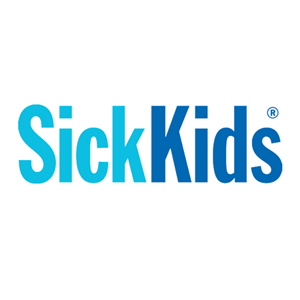The SickKids Learning Institute Simulation Program has both education and research components and uses best simulation practices with various models and training equipment. In addition to the dedicated simulation space and equipment, the program also recognizes the value of in situ simulation and has satellite units set up within the Critical Care Unit and the old Operating Rooms in the Hospital. The mobility of the equipment enables excellent in situ and offsite training opportunities.
The SickKids Simulation Centre houses various equipment ranging from low-fidelity task trainers to high-fidelity manikins. The high-fidelity manikins include newborns, infants and young children (6-8 year-olds) that can mimic physiological changes in the human body, such as reacting to a specific drug with changes in vital signs. The low-fidelity task trainers include IV arms and legs, legs for intraosseous insertions, lumbar puncture models for various ages, intubation trainers in different sizes, vascular access models with ultrasound capabilities, and models for the care of multiple lines and stomas.
Evaluation and research
The SickKids Simulation program is strongly linked to the Education Evaluation and Assessment Program and the Education Research Program. Using methodologies and theories borrowed from the disciplines of education, psychology and the humanities, the program is working to ensure that learning is the link between research, practice and improve patient care. There is a great deal of collaboration across the hospital community and local, national and international education researchers. The Program aims to improve the quality of education at SickKids by assessing outcomes at both the program and learner levels.
Future directions
As with any new simulation program, there are what the team fondly deems as “growing pains” in working out the kinks in the simulators and scenarios. Issues to work on include balancing the time of the Coordinator-Educators between preparing for simulations and participating in the teaching sessions, making decisions on further investment in equipment and ensuring evaluation and research outcomes are used to improve the program. On reflection, the team believes the most helpful strategies in getting the simulation program up and running were surveying existing simulation centres across the globe, preparing a sustainable business model, fundraising and spending wisely for future growth.
Kelly McMillen, Director of the Learning Institute
416-813-8910
